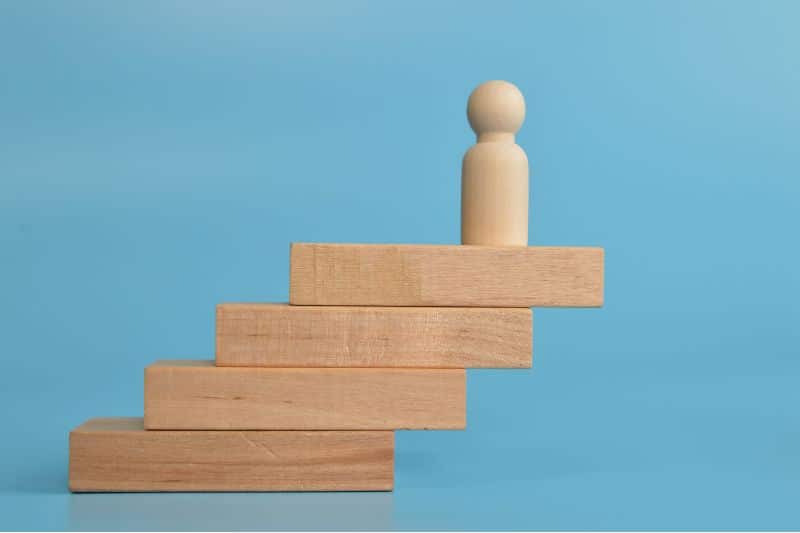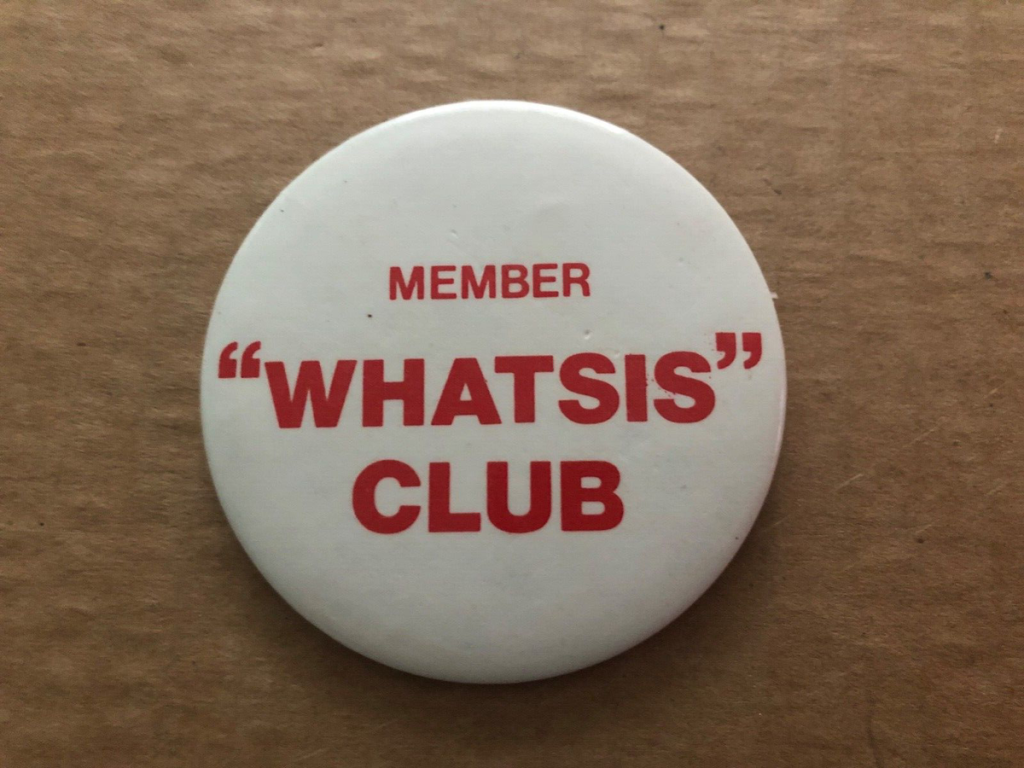[In February], a gratuitous swipe ramped up the ongoing discussion about Biden’s age to a fevered pitch. When the Department of Justice declined to prosecute the President for his handling of classified documents, the special counsel went on to call Biden a “well-meaning, elderly man with a poor memory” who had “diminished faculties in advancing age.” Ouch! Biden didn’t like it. Neither did the progressive commentariat, which cried foul.
Let’s get a couple of things straight:
- It’s not ageist to call Trump and Biden old. They’re old!
- It is ageist to call someone “too old” for a job. Plenty of younger people aren’t up to a given task. Plenty of olders are. Age-based assumptions are as harmful and ignorant as racial or gender stereotypes.
- It’s ableist to shame people for memory lapses, as special counsel Robert Hur did.
- The conversation shouldn’t center age. It should center capacity.
If a candidate loses an election because they’re perceived as “too old,” don’t blame age. Blame ageism. Blame ableism too. Blame a culture that stigmatizes and discriminates against people who are no longer young and people with disabilities.
Age and ability are different. That distinction is fundamental. The current discourse conflates the two, making it far harder to get to the heart of the matter: Is the person mentally and physically up to the job?
That’s why questions about candidates’ competence are completely legitimate. That’s why geriatrician Louise Aronson (and countless other experts on aging) recommend focusing on cognitive and physical health instead of age when evaluating leadership ability.
Voters are entitled to be informed about the health of the people who represent them.
Testing is not the answer. Even doctors have a hard time assessing cognition. No test is neutral. Biden is a terrible campaigner and a skilled legislator. Trump is the reverse. How to evaluate those skills and deficits? How to compare the results?
Team Biden vehemently maintains that the President’s strengths as a diplomat more than compensate for his shortcomings as a debater. Let us see those strengths in action. More interviews. More events. A world leader needs to be able to communicate. Voters can forgive a stutter. Silence, not so much.
Brushing these concerns under the rug, or dismissing them as ageist or as partisan, does no one any favors. It makes it harder to challenge ageism and ableism on legitimate grounds. It’s not good for democracy. And enough with the headlines about age! They’re a distraction from things that actually matter: stopping a genocide, mitigating climate change and preventing World War III.



